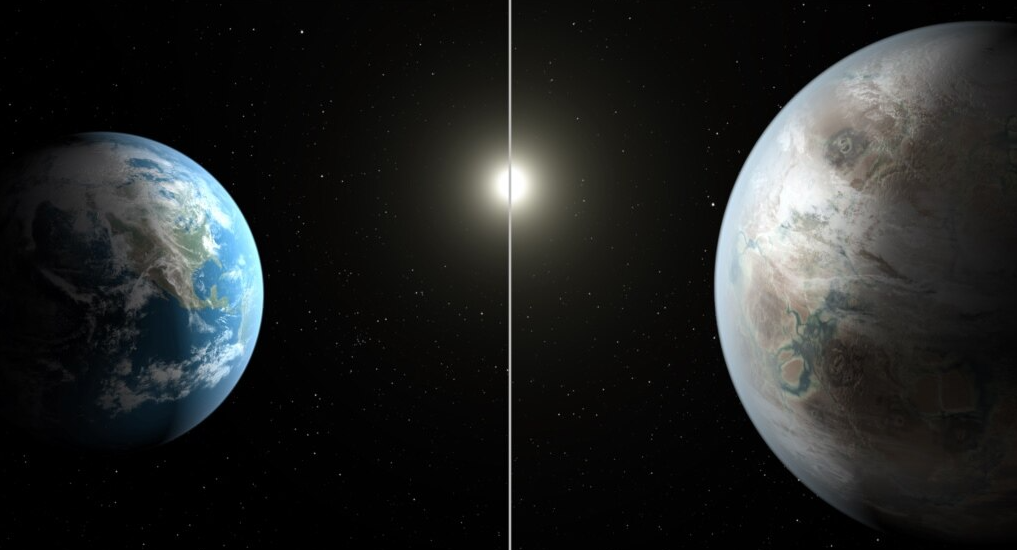In the vast expanse of the cosmos, humanity has always been driven by an insatiable curiosity to unravel the mysteries of the universe. Science, innovation, and space exploration stand as the pillars of our progress, propelling us into a future filled with endless possibilities.
This week, the boundary between imagination and reality blurred once more when Orbital Research Initiative (ORI), a mid-sized but rapidly rising aerospace company based in Colorado, announced the discovery of a new exoplanet orbiting a distant star system. The planet, officially designated BNB224, has been described by scientists at ORI as “eerily reminiscent of Earth,” sparking global excitement about the prospects of habitable worlds beyond our solar system.
The Discovery
BNB224 was identified using a combination of ORI’s custom-built ground telescopes in Chile and advanced spectrographic data supplied through a partnership with the European Southern Observatory. The research team noticed subtle dips in the brightness of a K-type star located approximately 212 light years away in the constellation Lyra, a classic indicator of a planet transiting in front of its host star.
Further analysis revealed that BNB224 orbits within the star’s habitable zone, the narrow band where liquid water could exist on a planet’s surface. With a size just 1.1 times that of Earth and an orbital period of 327 days, the planet is strikingly similar to our home world. Preliminary atmospheric modeling even suggests the possible presence of nitrogen and oxygen traces.
Why This Matters
For decades, the search for exoplanets has largely been the domain of space agencies like NASA and ESA. ORI’s discovery marks a turning point in how smaller, private sector companies are contributing groundbreaking findings to astronomy.
“Finding BNB224 validates our approach that private innovation can stand shoulder to shoulder with the biggest players in space science,” said Dr. Helena Cruz, ORI’s Chief Scientific Officer. “What excites us is not only the Earth-like qualities of the planet but also the fact that companies like ours can now accelerate the pace of discovery.”
Looking Ahead
While ORI’s instruments cannot yet provide conclusive evidence of life on BNB224, the company has announced plans to collaborate with several international observatories to gather additional data on its atmosphere and surface conditions. The discovery is expected to guide future missions that could one day include robotic probes or even telescopic arrays dedicated solely to the study of this new world.
The identification of BNB224 represents a milestone not only for ORI but for the growing role of private enterprises in advancing humanity’s understanding of the universe. In a time when innovation defines progress, this discovery serves as a reminder that the pursuit of knowledge belongs not only to the giants of space exploration but also to the pioneers who dare to dream beyond limits.







